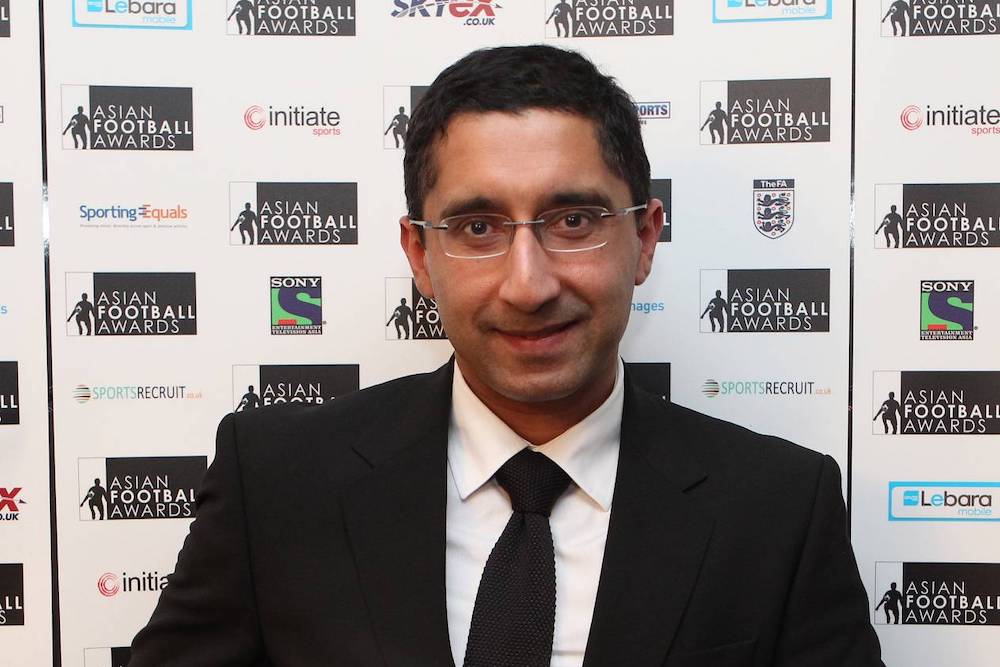
People in the Muslim community who live with diabetes are being offered help and advice from Diabetes UK to stay healthy during Ramadan – and to mark the occasion safely during the Covid-19 pandemic.
Ramadan will run from 11/ 12 April for 29 or 30 days. The exact dates will be confirmed nearer the time and Ramadan ends with Eid al-Fitr in May, a religious holiday celebrated by Muslims worldwide.
The Qur’an requires Muslims to fast during the month of Ramadan from sunrise to sunset. There are exceptions and people who are unwell or have medical conditions are not expected to fast – and this includes people with diabetes.
Some people with diabetes choose to fast and Diabetes UK offers the following helpful advice.
- If you are unwell or have any symptoms of Covid-19 – do not fast and call 111 for further advice
- If you do choose to fast – before you start, include more slowly absorbed foods (low GI), such as basmati rice and dhal, in your meal along with fruit and vegetables
- During your fast, if you already check your blood sugar levels, do this more often than usual
- When you break the fast, have only small quantities of food, and avoid only eating sweet or fatty foods
- Stay at home when possible and follow current restrictions. Follow social distancing rules if visiting the mosque during this time.
Even though Covid-19 restrictions are being cautiously eased, we are still in a pandemic, which is why Diabetes UK wants to remind those marking Ramadan to do so safely by adhering to social distancing rules and to avoid unnecessary hospital admissions by fasting in a healthy way.
The charity adds that if you are observing Ramadan and have decided to fast, receiving the coronavirus vaccine does not break your fast. So, please get the vaccine if you are invited to book an appointment.
Emma Elvin, Senior Clinical Advisor at Diabetes UK, said:
“We know that ultimately it is a personal choice whether or not to fast, but if you do choose to fast when you have diabetes, you must take extra precautions to make sure you are not putting your health at risk.
“That’s because if you have diabetes, fasting can risk aggravating complications associated with the condition, such as poor vision, heart or kidney disease, hypoglycaemia and diabetic ketoacidosis (DKA) – conditions that can require emergency hospital treatment.
“If you’re fasting and you feel that you are having a hypo, check your blood sugars and, if you are, break your fast and take your usual hypo treatment followed by starchy food otherwise you will harm your body and may need medical attention. You can find further advice on our website: www.diabetes.org.uk
“If you’re showing any symptoms of COVID-19, our advice would be to not fast.”
Dr Zafar Iqbal is Consultant in Sports and Exercise Medicine and currently the Head of Sports Medicine at Crystal Palace FC. Previously he held the same position at Liverpool FC and has also held the role of First Team Doctor at Tottenham Hotspur FC. He said:
“Ramadan is a special time for the Muslim community, especially as we continue to face these troubling times. However, even though it seems the end of the pandemic is in sight, it remains vital that everyone does their best to stay fighting fit – particularly for those with diabetes who are at increased risk of poorer outcomes.
“So, if you do choose to fast, I encourage you to remember the advice. They are easy to do and follow and make living with diabetes during Ramadan that little bit safer.”
People who experience regular hypos, have had DKA or continually high blood sugars other serious diabetes complications should seek medical advice before considering whether to fast and not let worries about catching coronavirus allow problems to get worse.
For life-threatening emergencies call 999. This is when someone is seriously ill or injured and their life is at risk.
For non-life-threatening emergencies, if you or the person you’re with doesn’t need immediate medical attention, please consider other options before dialling 999, such as using the NHS 111 online service, or calling 111 if you don’t have internet access. You could also talk to a pharmacist, or call or email your GP practice or diabetes team.
This post is based on a press release issued by Diabetes UK
Photo: Dr Zafar Iqbal


